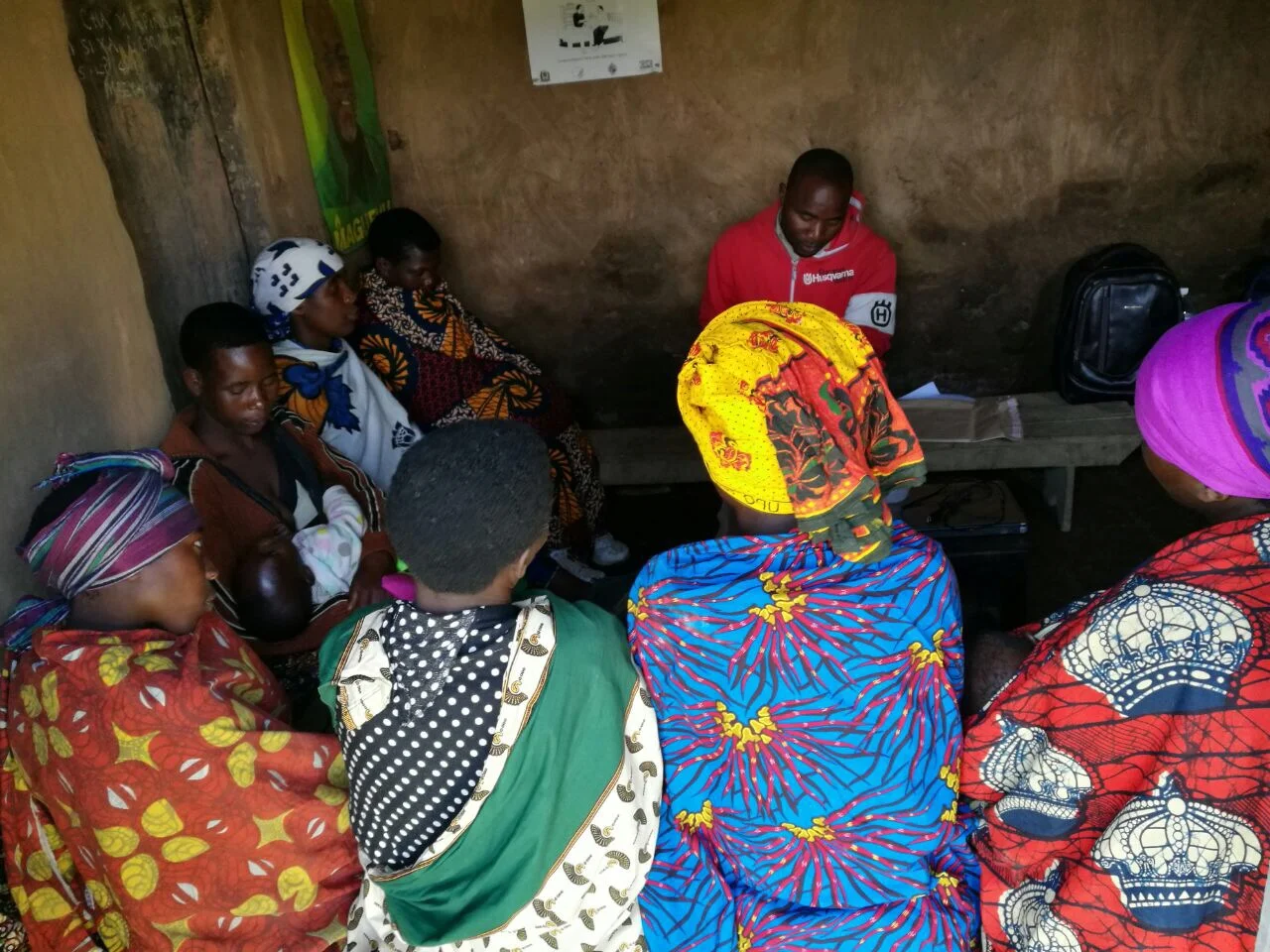THRIVE/ASRP
Stunting, or impaired linear growth, affects millions of children in Sub-Saharan Africa and has been linked to negative effects throughout childhood and beyond, including delayed cognitive development, decreased educational attainment, and increased morbidity and mortality. While stunting has long been linked to poor nutrition outcomes, there is growing literature that implicates poor water, sanitation, and hygiene (WASH) and environmental enteropathy in stunting.
Emory University and the Freeman Research Group partnered Catholic Relief Services (CRS) to support their efforts to reduce stunting in Homa Bay and Migori counties, Kenya and Mbeya Region, Tanzania. 26% and 37% of children under the age of 5 are stunted in Kenya and Tanzania, respectively.
In Kenya, CRS implemented THRIVE II, a two-year integrated early childhood development (ECD), positive parenting, WASH, and infant and young child feeding (IYCF) project designed to help children reach all of their educational milestones. Emory supported THRIVE II through professional consulting on educational materials, evaluation services, and development of a theory-driven behavioral intervention based on thorough formative research and trials of improved practice (TIPs). The intervention aimed to improve maternal and child health through improved dietary diversity, food hygiene practices, and handwashing behaviors. The intervention used a mealtime focus in order to give order and context for the behaviors.
In Tanzania, CRS implemented a four-year project called the Accelerating Stunting Reduction Program (ASRP) designed to reduce stunting in the Mbeya region through improved dietary diversity and complementary child feeding. Emory supported ASRP through the testing of the feasibility and acceptability of a nutrition toolkit and the development of an intervention.
Publications:
Briefs, reports, case studies:
Study Locations
Homa Bay and Migori counties, Kenya
Mbeya Region, Tanzania
Target Population
Pregnant women and mothers with children under the age of two
PRINCIPAL INVESTIGATORS
Matthew Freeman (Principal)
IMPLEMENTING partners
CRS, Kenya: Mercy Orphans Support Group, Homa Hills Community Development Organization, Tanzania: The Centre for Counseling, Nutrition, and Health Care (COUSENUTH)
Funders
CRS, Kenya: Conrad N. Hilton Foundation, Tanzania: UNICEF
Project Staff
Anna Ellis, Emilie McClintic, Emily Ogutu
Co-Investigators
Emory University: Amy Webb Girard, Kimberly Jacob Arriola, Bethany Caruso. Uzima University: Dr. Richard Muga, Dr. Lydia Atetwe, Lily Lukhorito. Catholic University of Health and Allied Sciences: Sosprato Ngallaba, Esther Pastory, Martha Mushi
Enumerators
Sonia Aima, Nicanor Muga, Samwel Ochieng, Rosemary Okoth, Fred Okumu, Jeffrey Otieno, Debrah Owino, Modester Adhiambo, Lilian Modote, Eunica Auma, Vivienne Oyugi, Jackeline Okumu, Rosebel Ouda, Nancy Oyugi, Malere Siegfried, Helena Nkuba, Raymond Mhaluka, Vera Jeremiah, Titus Ndibohoye, Gerald Rumanyika, Rehema John, Theresia Maduka, Teddy Ngallaba, Sekela Kitalima, Rosemary Mchembi, Rebecca Shomi, Rebecca Mwampashe, Michael Makonyo, Katherine Mfisile, Happy Mnkunwa, Flora Kuzenza, Esther Daud, Bernadetha Lenga

![CM_Logocolor_Final[1].png](https://images.squarespace-cdn.com/content/v1/52488773e4b08b502165768c/1518023072504-WQQFTO27YN9YZ1YQ8N7K/CM_Logocolor_Final%5B1%5D.png)